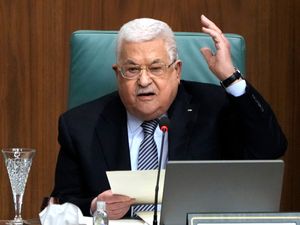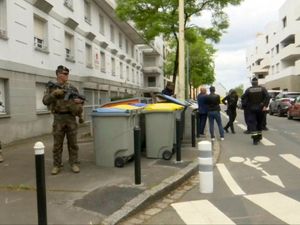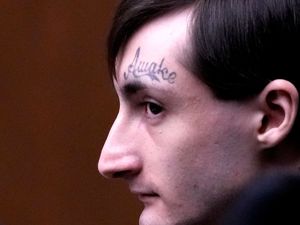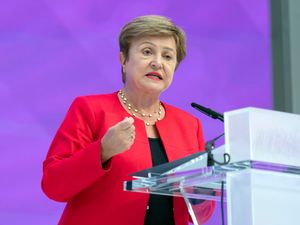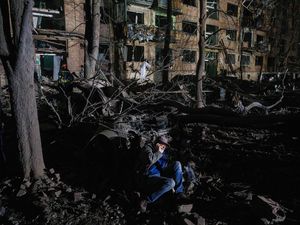Presidential rivals face off for second time in Ecuador
Incumbent Daniel Noboa and challenger Luisa Gonzalez have promised voters solutions to violence which has hit the country since the pandemic.
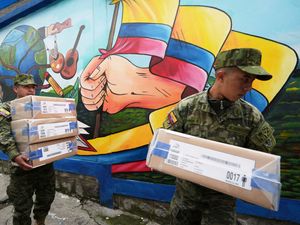
A conservative young millionaire, who is the incumbent president, and a leftist lawyer are again the choices as Ecuador heads to the polls in the second presidential run-off election in under two years.
President Daniel Noboa and challenger Luisa Gonzalez have promised voters solutions to the extortions, killings, kidnappings and other crimes that became part of everyday life as Ecuador emerged from the pandemic.
Voters chose Mr Noboa over Ms Gonzalez in the run-off of a snap election in October 2023.
Both advanced to Sunday’s contest after February’s first-round election where Mr Noboa won 44.17% of the vote to his opponent’s 44%.
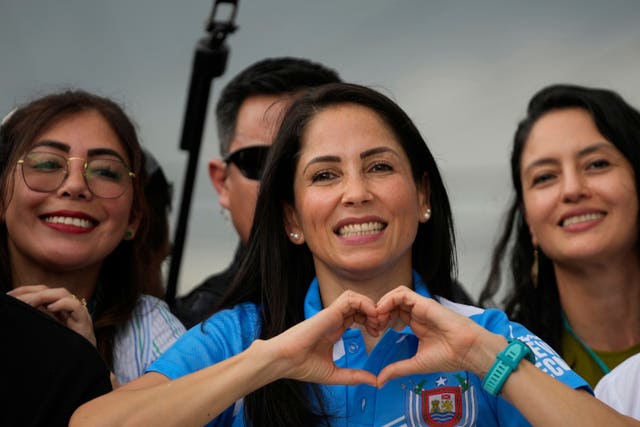
Analysts expect Sunday’s results to have a very tight margin. Initial results are expected two hours after polls close at 5pm local time.
Voters are primarily worried about the violence which started in 2021 – a spike in crime tied to the trafficking of cocaine produced in neighbouring Colombia and Peru.
Both candidates have promised tough-on-crime policies, better equipment for law enforcement and international help to fight drug cartels and local criminal groups.
More than 13 million people are eligible to vote, which is mandatory for adults up to the age of 65. It is optional for people aged 16 and 17 and over 65. Failure to vote results in a 46 dollar (£35) fine.
In 2023, Mr Noboa and Mr Gonzalez were largely unknown to most voters as they sought the presidency for the first time. They were first-term politicians in May 2023, when then-president Guillermo Lasso dissolved the National Assembly, shortening his own mandate as a result and triggering that year’s snap election.
An heir to a fortune built on the banana trade, Mr Noboa opened an event-organising company when he was 18 and then joined his father’s Noboa Corp, where he held management positions in the shipping, logistics and commercial areas.
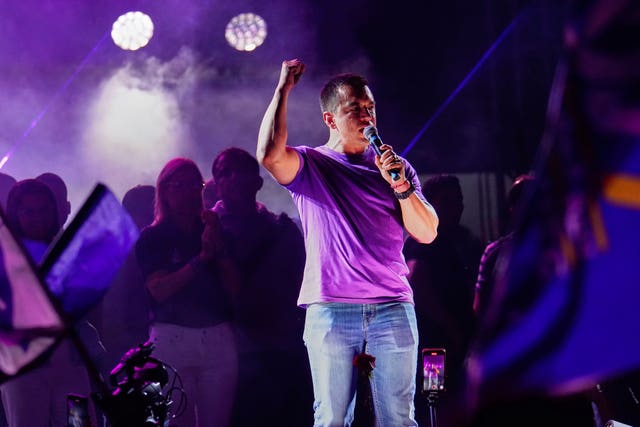
Ms Gonzalez, 47, held various government jobs during the presidency of Rafael Correa, who led Ecuador from 2007 to 2017 with free-spending socially conservative policies and grew increasingly authoritarian in his last years as president.
Mr Noboa, 37, declared Ecuador to be in a state of “internal armed conflict” in January 2024, allowing him to deploy thousands of soldiers to the streets to combat gangs and to charge people with terrorism for alleged ties to organised crime groups.
Under his watch, the homicide rate dropped from 46.18 per 100,000 people in 2023 to 38.76 in 2024. But despite the decrease, the rate remained far higher than the 6.85 homicides per 100,000 people seen in 2019.
Some of his heavy-handed crime-fighting tactics have come under scrutiny for testing the limits of laws and the norms of governing. He has also been criticised for allegations of electoral anomalies he made after February’s vote.
Following the first-round election, he said there had been “many irregularities” and that in certain provinces “there were things that didn’t add up.” He provided no further details or evidence.
Electoral observers from the Organisation of American States and the European Union ruled out fraud.

